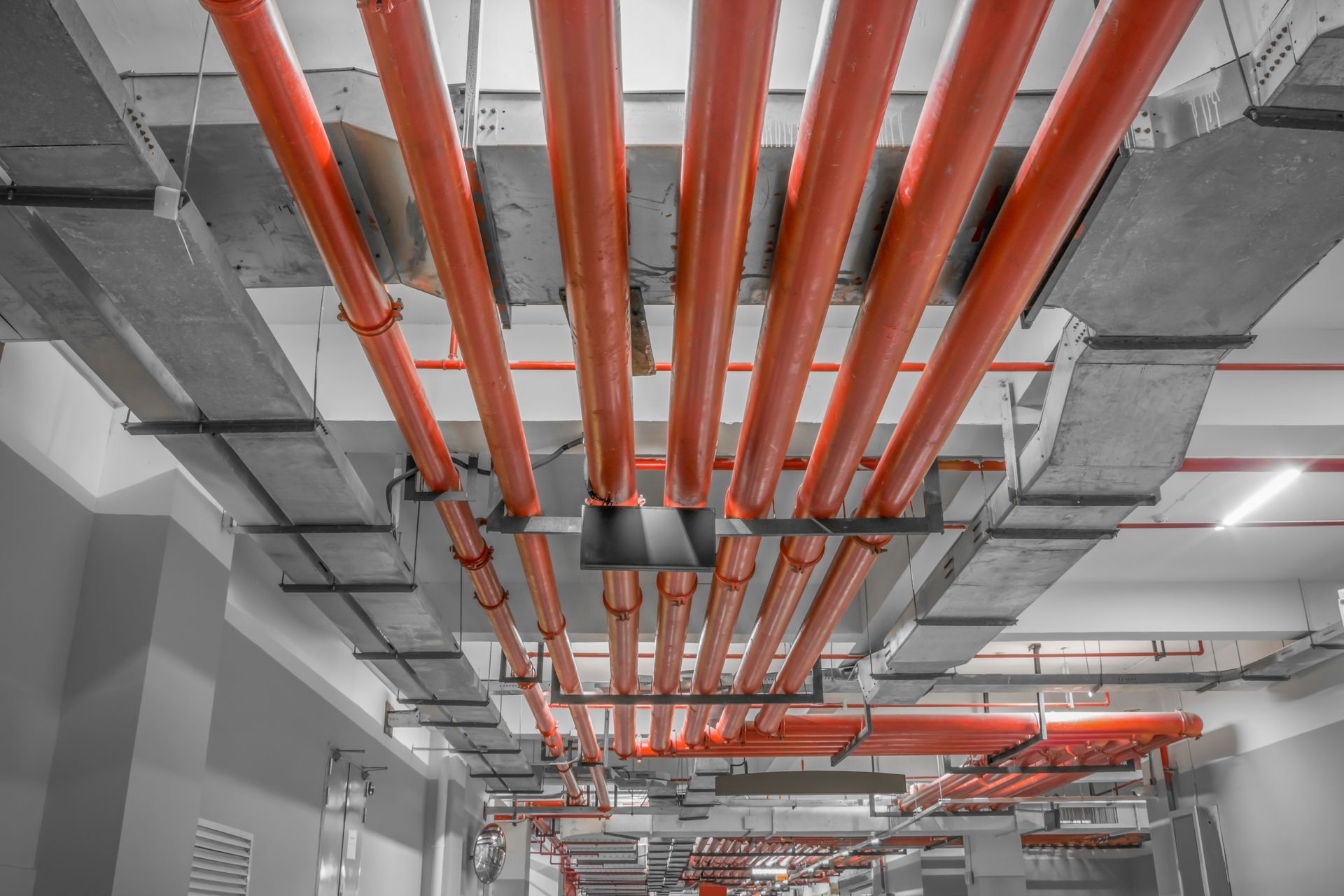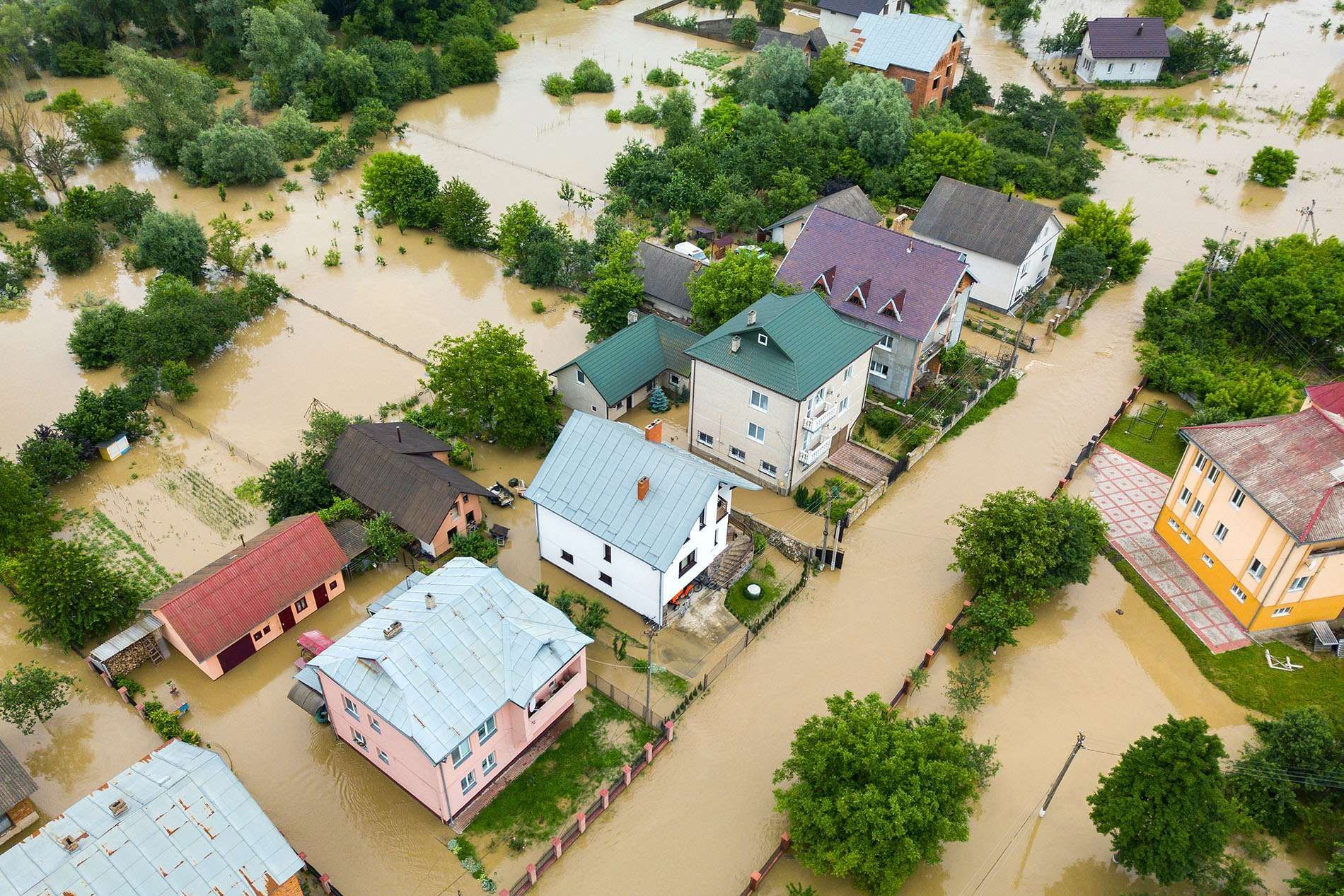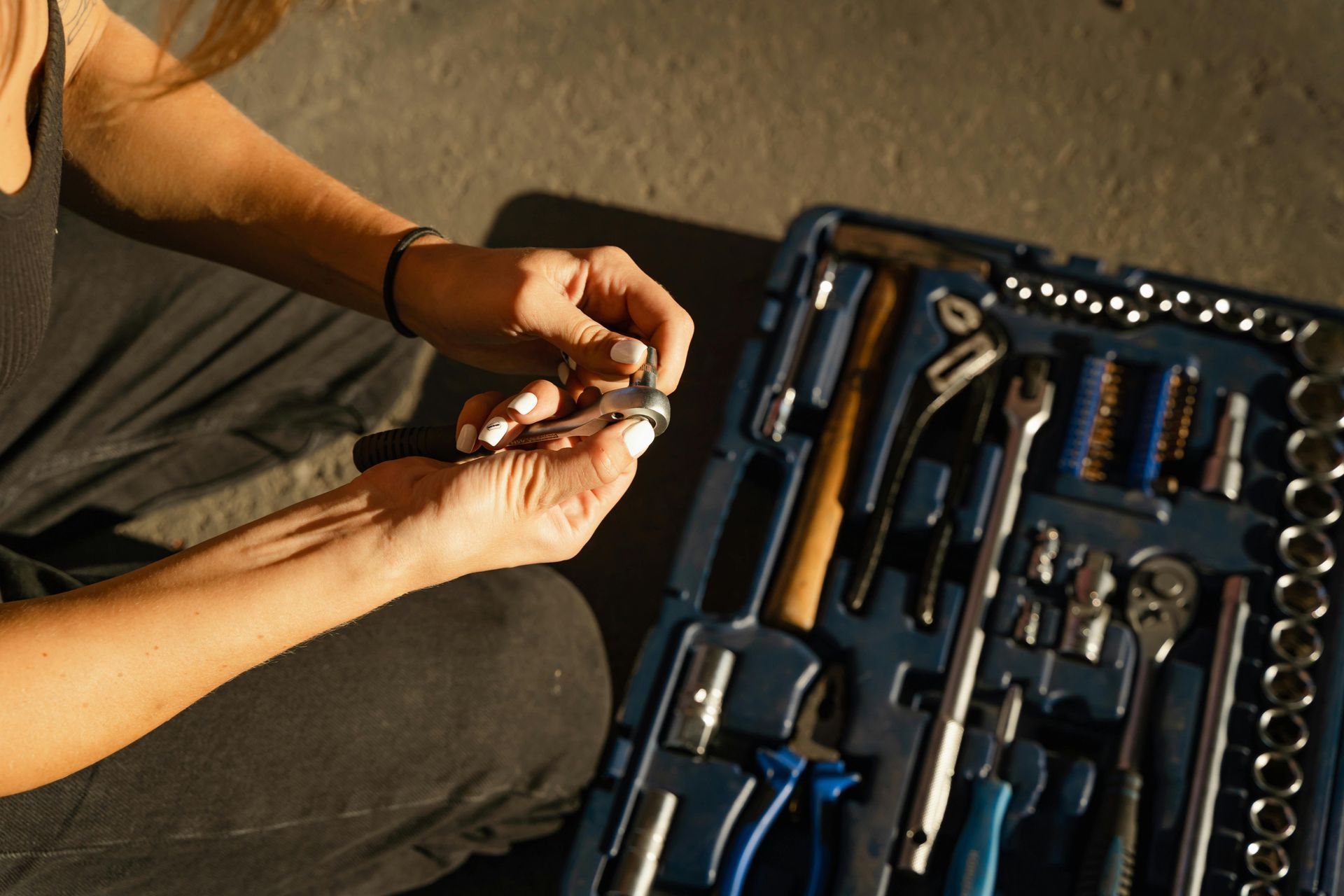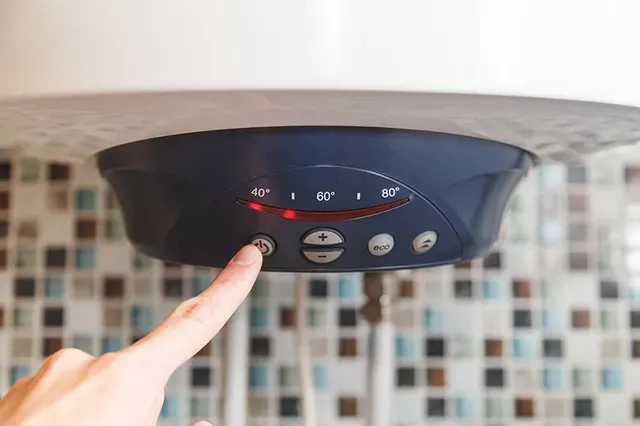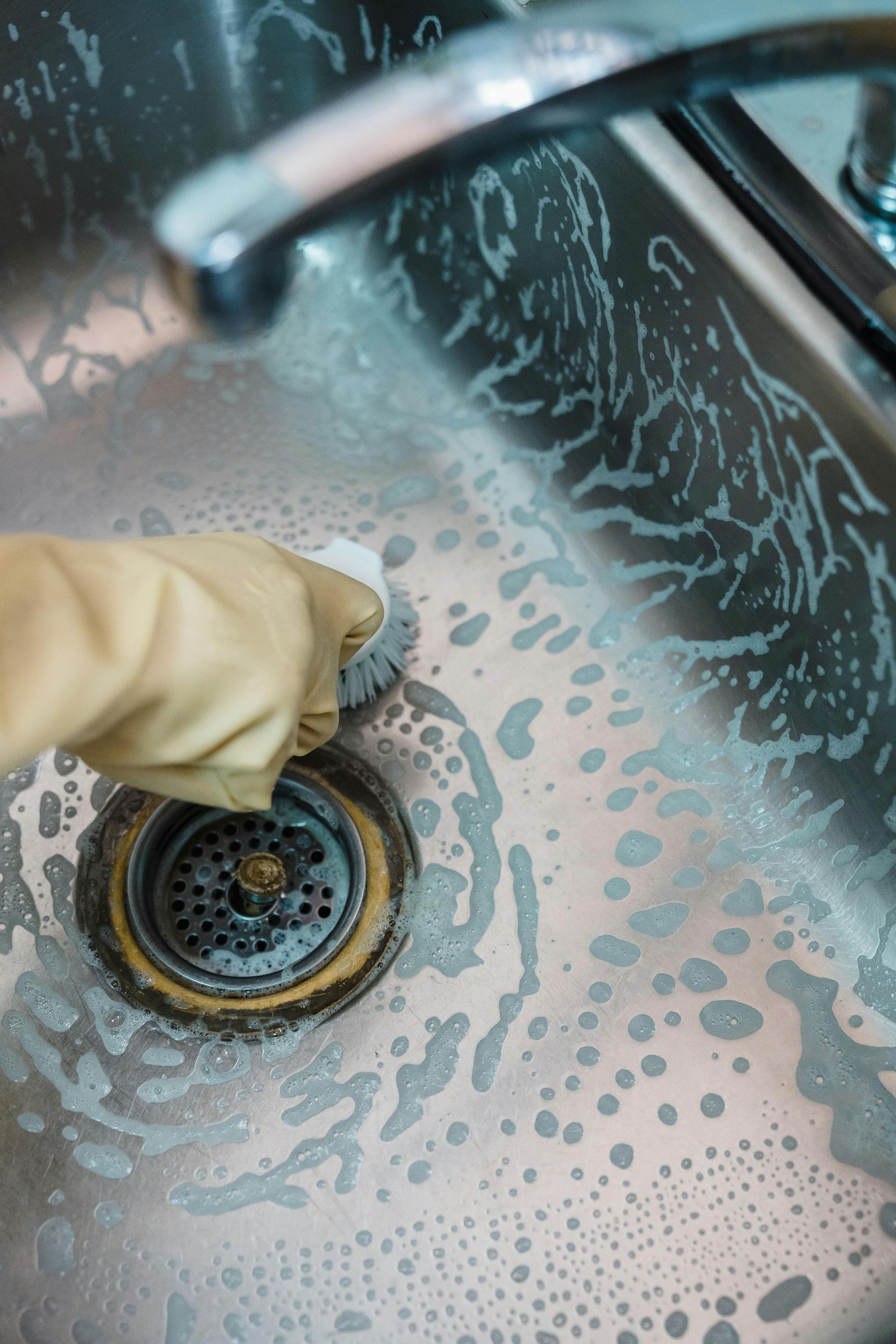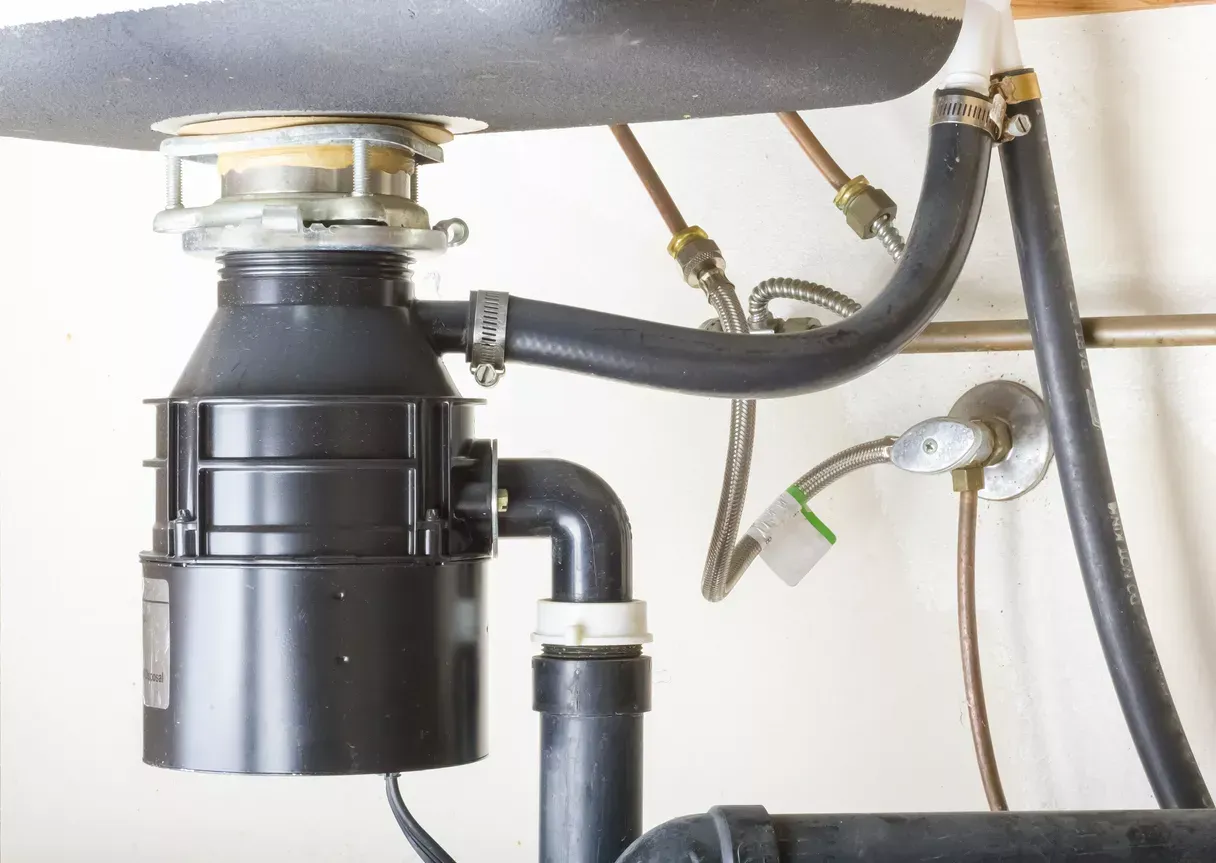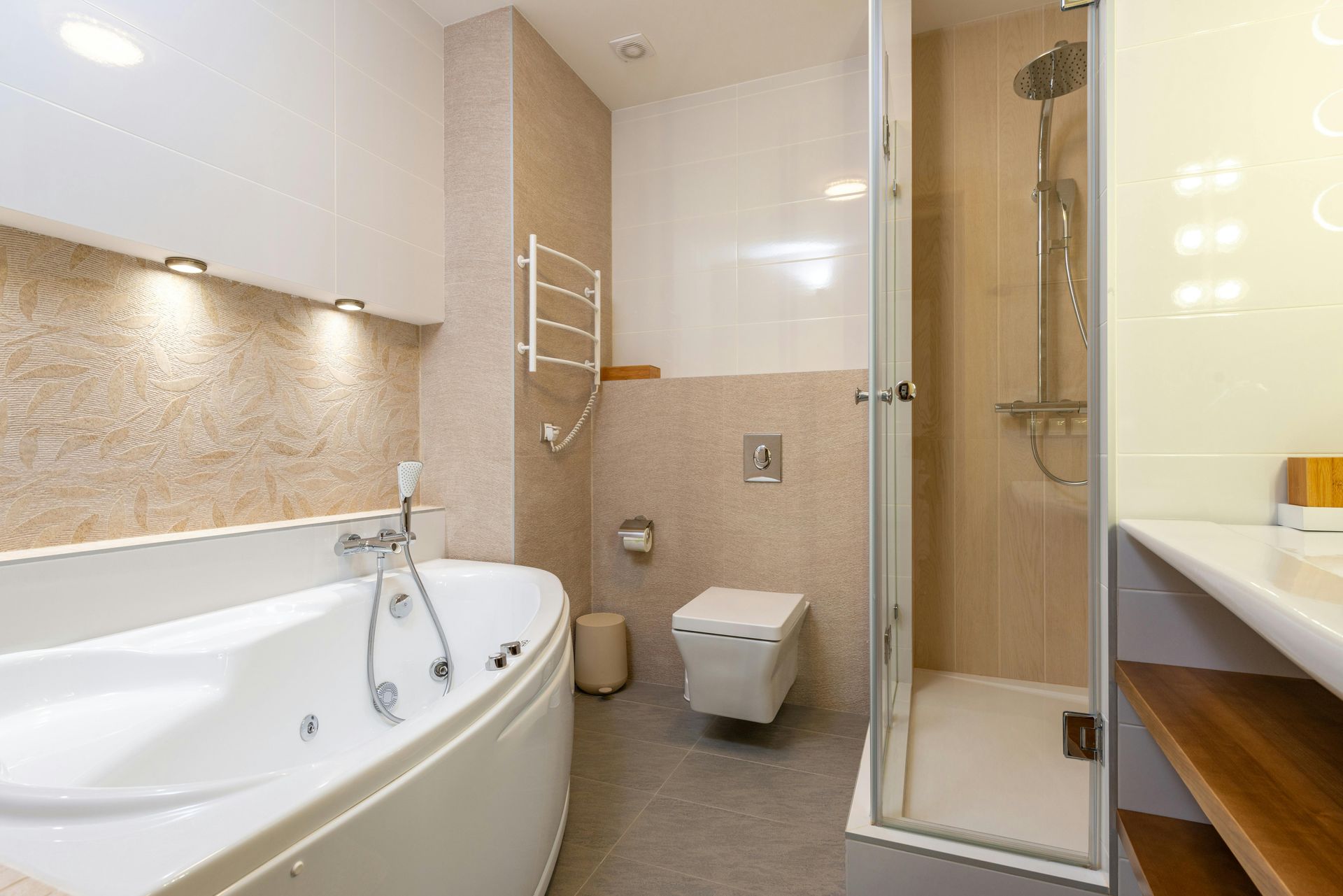5 Ways to Get Rid of Drain Flies
Drain flies can be a real nuisance, buzzing around your kitchen and bathroom and making your home feel less than clean. If you're tired of these pesky insects invading your space, you've come to the right place. In this guide, we'll explore five effective methods to get rid of drain flies and keep them from coming back. From DIY solutions to professional help, we've got you covered. And remember, if you need expert assistance, All City Plumbers offers top-notch drain cleaning services to help you eliminate these pests for good. Let's dive into these practical tips and reclaim your home from drain flies.
Understanding Drain Flies
Drain flies, also known as sink flies or moth flies, are small, moth-like insects commonly found near sinks, showers, and drains. They thrive in moist, decaying organic matter, which makes your drains a perfect breeding ground. These pests are usually gray or black and have fuzzy, moth-like wings.
Causes:
- Accumulation of organic debris in drains.
- Standing water in sink or shower drains.
- Poorly maintained pipes and septic systems.
- Overflows or leaks that provide damp environments.
Infestation Signs:
- Seeing adult flies around sinks, drains, or damp areas.
- Noticing small, fuzzy flies clinging to walls near plumbing fixtures.
- Observing larvae in the drain or standing water.
- Unpleasant odor emanating from drains, indicating organic buildup.
Method 1: Clean Your Drains
One of the most effective ways to get rid of drain flies is to thoroughly clean your drains. Here's how you can do it:
- Remove Visible Debris: Start by removing any visible debris from the drain opening. Use a small brush or gloves to pull out hair, food particles, and other gunk.
- Scrub the Inside of the Drain: Use a drain brush to scrub the inside of the drain. Insert the brush as far as it will go and scrub vigorously to dislodge any buildup on the walls of the pipes.
- Apply Baking Soda and Vinegar: Pour a half-cup of baking soda down the drain, followed by a half-cup of vinegar. Let the mixture sit for about 15 minutes. This combination will create a fizzy reaction that helps break down organic matter.
- Flush with Boiling Water: After the baking soda and vinegar mixture has had time to work, pour a kettle of boiling water down the drain to flush out the loosened debris and residue.
Read more about
How to drain water heaters!
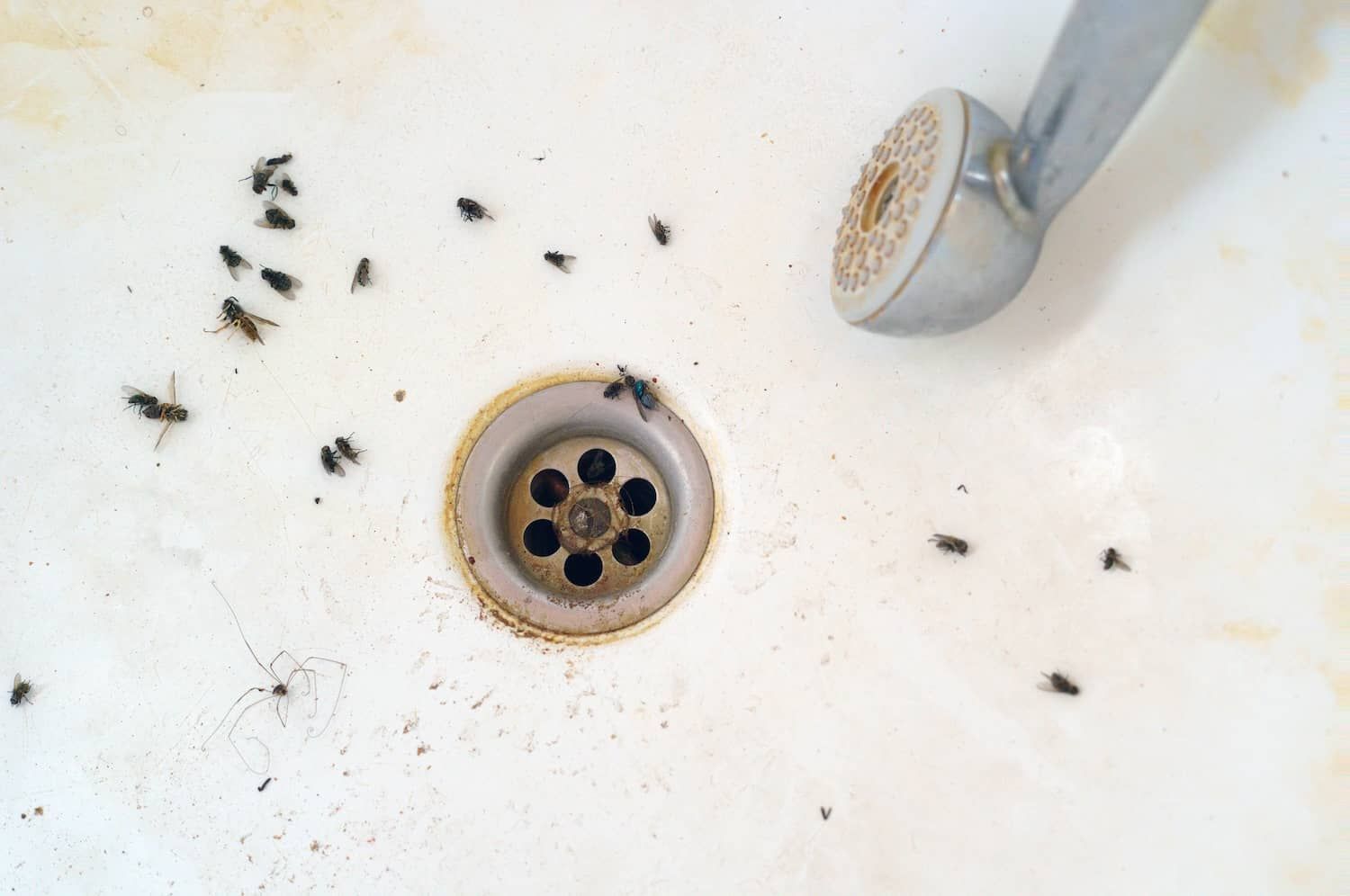
Method 2: Use Drain Fly Killers
Using commercial drain fly killers is another effective way to eliminate these pests. Here's a step-by-step guide on how to do it:
- Purchase a Commercial Drain Fly Killer: Choose a reputable product specifically designed to target drain flies. These are typically available at hardware stores or online.
- Follow Product Instructions: Carefully read and follow the instructions provided on the product label. Different products may have specific application methods and safety precautions.
- Apply the Product to the Affected Drains: Pour or spray the drain fly killer directly into the drains where you've noticed the infestation. Ensure the product reaches deep into the drain to target larvae and eggs.
- Allow the Product to Sit: Let the product sit in the drain for the recommended amount of time to effectively kill the flies, larvae, and eggs. This could range from a few hours to overnight, depending on the product.
- Flush the Drain: After the treatment period, flush the drain with hot water to wash away the dead flies and any remaining residue.
Method 3: Employ Natural Remedies
If you prefer a more natural approach to eliminating drain flies, there are several home remedies you can try. Here's how to do it:
Create a Vinegar Trap:
- Fill a small bowl with apple cider vinegar.
- Cover the bowl tightly with plastic wrap.
- Poke small holes in the plastic wrap to allow drain flies to enter.
- Place the bowl near the affected drains overnight.
- The vinegar will attract the flies, and they will become trapped in the bowl.
Make a Sugar Trap:
- Mix equal parts water, sugar, and dish soap in a shallow bowl.
- Place the bowl near the infested drains.
- The sweet scent of the sugar will attract the drain flies, and the dish soap will trap them.
Use a Salt, Baking Soda, and Vinegar Mixture:
- Pour a cup of salt, a cup of baking soda, and a cup of vinegar down the drain.
- Let the mixture sit in the drain overnight.
- Flush the drain with hot water in the morning to rinse away any remaining debris.
Method 4: Maintain Cleanliness
Keeping your drains and surrounding areas clean is crucial for preventing drain fly infestations. Here's how to maintain cleanliness:
- Regular Cleaning: Routinely clean sinks, showers, and drains to remove any organic matter that may attract drain flies. Use a mild detergent or vinegar solution to scrub surfaces thoroughly.
- Dry Out Wet Areas: Drain flies thrive in damp environments, so make sure to dry out any wet areas around sinks and drains. Use towels to wipe down sinks and shower stalls after each use, and fix any leaks or plumbing issues promptly.
- Avoid Dumping Food Waste: Dispose of food scraps properly by throwing them in the trash or compost bin instead of washing them down the drain. Food particles can accumulate in drains and provide a food source for drain flies.
Routine Maintenance: Incorporating these cleaning habits into your regular household routine can help prevent drain fly infestations and maintain a hygienic environment.
Method 5: Call a Professional Exterminator
If DIY methods fail to eliminate the drain fly problem or if the infestation is severe, it may be time to call in a professional exterminator. Here's what to expect:
- Assessment: The exterminator will conduct a thorough inspection of your property to identify the source of the infestation and assess the extent of the problem.
- Treatment Plan: Based on their assessment, the exterminator will develop a customized treatment plan to eradicate the drain flies. This may involve using specialized insecticides or implementing targeted sanitation measures.
- Execution: The exterminator will carry out the treatment plan, which may include applying insecticides to affected areas, sealing off entry points, or installing traps to capture drain flies.
- Follow-Up: After the initial treatment, the exterminator may schedule follow-up visits to monitor the effectiveness of the treatment and make any necessary adjustments.
Conclusion
Dealing with drain flies can be frustrating, but with the right strategies, you can effectively eliminate them from your home. By implementing the methods outlined in this guide—cleaning your drains, using drain fly killers, employing natural remedies, maintaining cleanliness, and calling a professional exterminator—you can rid your home of drain flies and prevent future infestations.
Remember, consistency is key. Regularly clean your drains, keep your home clean and dry, and address any plumbing issues promptly to discourage drain flies from returning. And if DIY methods aren't providing the results you need, don't hesitate to seek professional help from pest control experts.


